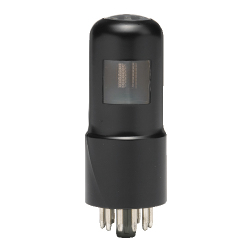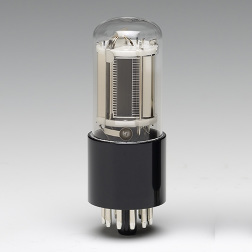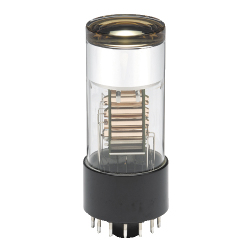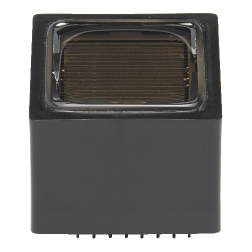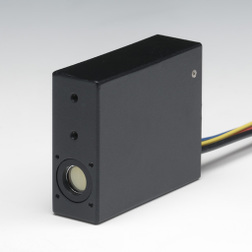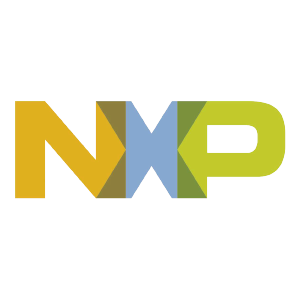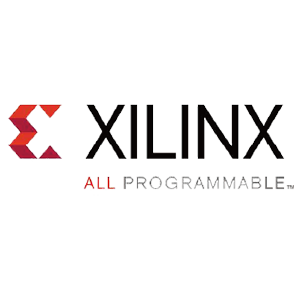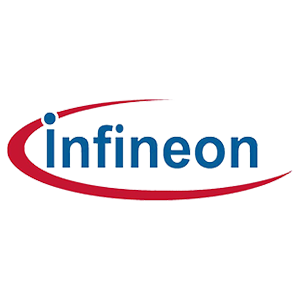1. What Are Threaded Fasteners? Why Are They Important?
Threaded fasteners are components that achieve mechanical connections through the engagement of internal and external threads. They are widely used in industries such as machinery manufacturing, construction, and automotive. These fasteners secure objects through friction or pre-tightening force, offering removable, high-strength connections, making them indispensable in industrial equipment assembly.

2. 6 Common Types of Threaded Fasteners and Their Uses
Bolts (Bolt)
- Structure: Head (Hex/Hexagonal or Round) + Shaft (Fully Threaded or Partially Threaded)
- Use: Used with nuts to connect heavy structures that need to be disassembled (e.g., bridges, machinery frames).
- Common Types: Hex bolts, flange bolts, T-bolts.
- Keyword Example: High-strength bolts, hex bolt specifications
Screws (Screw)
- Structure: Head (Cross/Slotted) + Fully Threaded Shaft
- Use: Directly screw into a workpiece’s threaded hole, used for light-duty fastening (e.g., electronic products, furniture).
- Common Types: Self-tapping screws, machine screws, wood screws.
- Keyword Example: Difference between self-tapping screws and machine screws
Nuts (Nut)
- Structure: Internal Threaded Hexagonal or Square Metal Block
- Use: Used with bolts to lock and distribute loads.
- Common Types: Hex nuts, locknuts (nylon locking, flange nuts), cap nuts.
- Keyword Example: Locknut principles, stainless steel nut standards
Studs (Stud)
- Structure: Headless rod with threads at both ends
- Use: Used in confined spaces where bolts cannot be used (e.g., engine blocks).
- Installation: One end screws into the base, while the other end is fixed with a nut.
Washers (Washer)
- Structure: Round thin discs (flat washers/spring washers)
- Use: Distribute pressure, prevent loosening, and protect against corrosion.
- Special Types: Spring washers (anti-vibration), toothed washers (anti-slip).
Threaded Inserts (Threaded Insert)
- Structure: Metal threaded sleeve embedded in soft materials
- Use: Enhance the threading strength of plastics or wood, extending the workpiece’s lifespan.
3. How to Choose Threaded Fasteners? 5 Key Factors
Load Type
- Dynamic Load (e.g., vibrating equipment): Choose locknuts + spring washers.
- Static Load: Standard bolts + flat washers are sufficient.
Material Matching
- Stainless Steel Fasteners: Corrosion-resistant, suitable for outdoor or chemical environments.
- Galvanized Carbon Steel: Low cost, suitable for general industrial applications.
Standard Systems
- Metric (ISO): M6, M8, etc., globally applicable.
- Imperial (UNC/UNF): Common in North American equipment maintenance.
Anti-loosening Requirements
- High-vibration scenarios: Use double nuts, thread adhesives, or wedge washers.
Installation Conditions
- Confined Spaces: Choose internal hex or torx screws (e.g., for smartphone repairs).
4. Frequently Asked Questions (FAQ) About Threaded Fasteners
Q1: What is the key difference between bolts and screws?
- Bolts: Require nuts for use and are suitable for through-hole connections.
- Screws: Directly screw into a workpiece’s threaded hole, no need for nuts.
Q2: Why can self-tapping screws “tap” their own threads?
- The tip of the screw is designed like a drill bit, allowing it to create threads in plastics or thin metals without pre-drilling a hole.
Q3: How can I prevent thread rusting?
- Apply anti-rust grease, use stainless steel materials, or use copper-based anti-seizing compounds.
Q4: What does an 8.8 grade bolt represent?
- Strength grade marking: 8.8 grade means a tensile strength of 800 MPa and a yield strength of 640 MPa (approximately 80%).
5. Application Scenarios and Industry Standards
- Automotive Manufacturing: High-strength bolts (Grade 10.9) are used in engines and chassis.
- Construction Engineering: Hot-dip galvanized bolts for corrosion resistance, suitable for steel structures.
- Aerospace: Titanium alloy fasteners (lightweight and high-temperature resistant).
- Electronic Devices: Micro-precision screws (M1.6-M3 specifications).
6. Conclusion
Threaded fasteners come in various types, and selecting the right one requires considering factors like load, environment, and cost. By choosing the appropriate bolts, screws, nuts, and complementary components, not only can you enhance the reliability of equipment, but also reduce maintenance costs. Whether for industrial equipment assembly or daily home repairs, understanding the characteristics of threaded fasteners is key to achieving efficient and durable connections.




